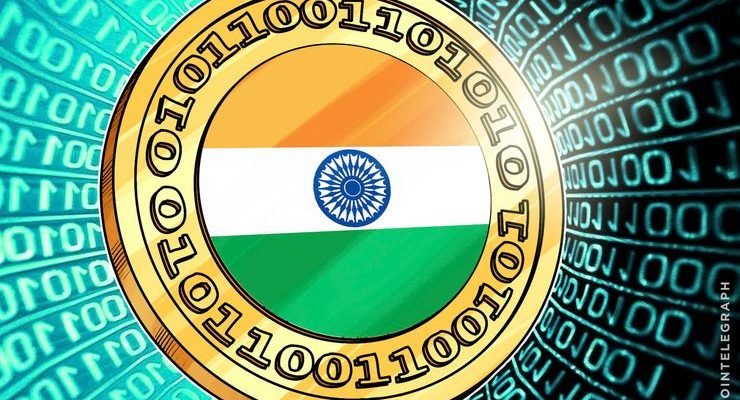The worldwide pandemic Covid-19 is driving Indians to turn to Digital Payment stages when settling bills just as paying for staple goods.
Before the Covid-19 flare-up, Indian residents to a great extent disregarded a 2016 government order that endeavored to accomplish the equivalent, reports The Economic Times of India.
The news site reports that the estimation of exchanges on the Unified Payments Interface, a stage made by India’s biggest banks in 2016, arrived at an unsurpassed high in June.
As the nation’s disease rate and passing’s related with Covid-19 developed, Indians started changing to advanced installment choices “as individuals dreaded to deal with banknotes” in the midst of the pandemic.
Electronic store moves from banks, which had dropped in April as monetary action eased back, have seen a bounce back. The Indian news site alludes to an ongoing review by Capgemini Research Institute watched a developing hunger for computerized installments.
Expanding computerized installment volumes are a satisfaction of Prime Minister Narendra Modi’s vision of expanded utilization of advanced monetary innovations.
In November 2016, India unexpectedly negated the greater part of the nation’s high-esteem money notes. The twin target of the demonetization was to check defilement just as to “help support an advance toward computerized business.”
Before, The Reserve Bank of India (RBI) gave antagonistic notification against the utilization of digital currencies, and in 2018, it prohibited monetary establishments from working with cryptographic money related organizations.
Nonetheless, the nation’s Supreme Court has since toppled that order.
All things considered, Indian media reports in June recommend a declaration that explains India’s position on digital currencies is unavoidable. Some crypto-related organizations are cheerful the legislature won’t boycott cryptographic forms of money.
Image Courtesy : Pixabay





